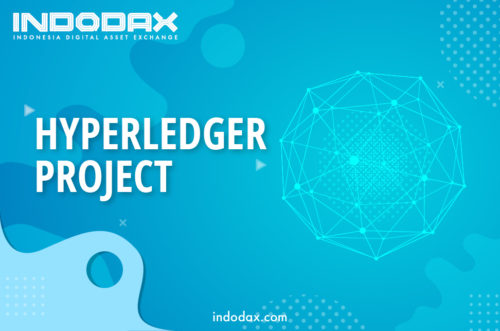Various banking companies and institutions joined forces to learn about how blockchain works and apply it to the internal banking system to change the way banking works to a safer, faster, and more efficient way.
Currently, there are dozens of giant companies in the world that are members of this project, such as:
- Citibank
- HSBC
- UBS
- Commonwealth Bank
- Bank of America, etc.
There are still 2,300 other companies applying to be involved in this project.
Due to the consortium approach, Hyperledger projects are essentially the umbrella framework within which all other Hyperledger projects operate. Currently, the Hyperledger project, works closely with around 250 global institutions, including global leaders in finance, banking, Internet of Things, supply chain, manufacturing, and technology, among others.
As big names like IBM, Intel, Cisco, ABN AMRO, ANZ Bank, JP Morgan, SAP, and Accenture are involved in the project, the project aims to advance enterprise-level blockchain implementation across the industry. Its goals also include the creation of a distributed ledger that can be used to record transactions across industries.
Improved application of the Hyperledger project
In blockchain technology, the Hyperledger project’s various applications are witnessing increased adoption. For example, supply platforms for pharmaceuticals, platforms for trade finance, education and training, smart energy management have been developed through Hyperledger blockchain technology and implemented at the enterprise level.
Following the adoption of AI, ML, and big data in recent years, the blockchain applications originating from the Hyperledger project are expected to be the next growth driver for the enterprise in the years to come. Thus, professionals with deep domain knowledge in blockchain technology will see a rapid demand for their expertise in the future.





